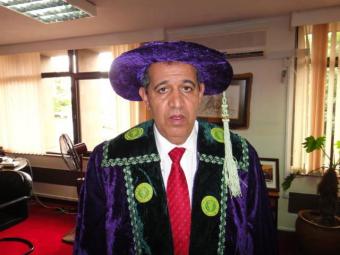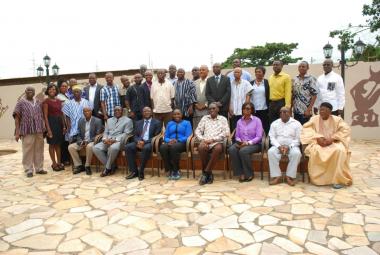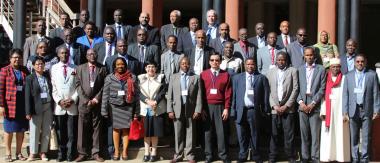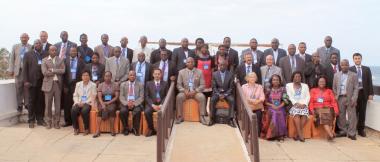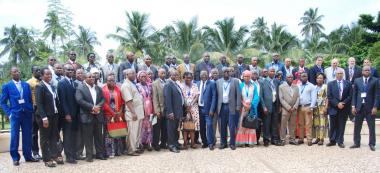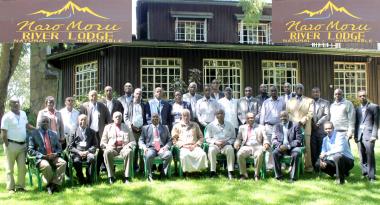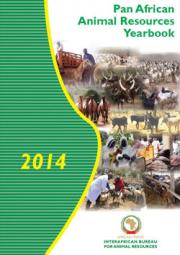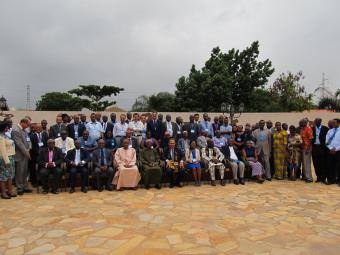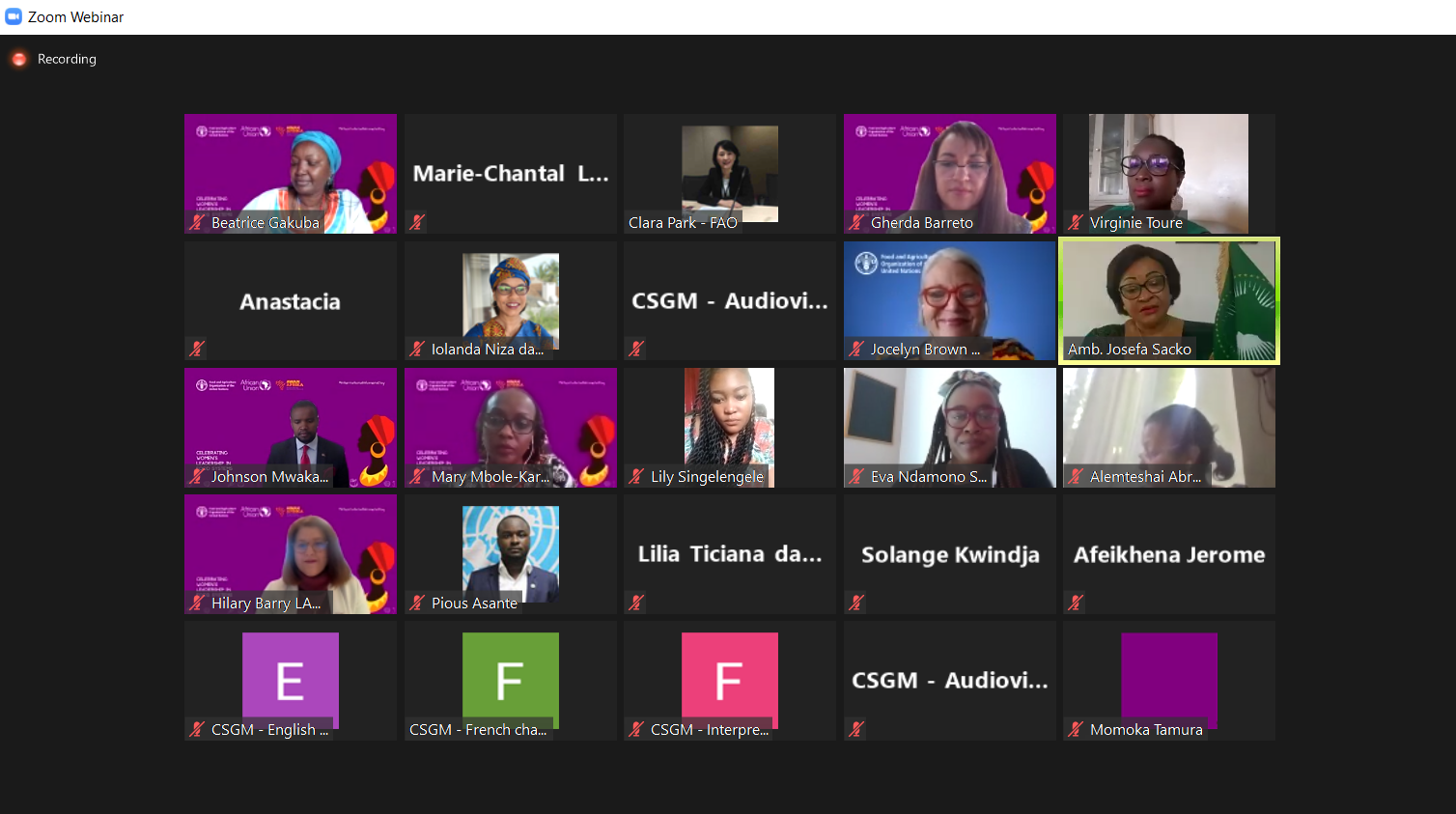
“We need to rethink the narrative of advocacy. Woman should have more access to land, to investments, finance, and inputs to attain Agenda 2063”. Were the words echoes by Ambassador Josefa Sacko, African Union Commissioner for Agriculture, Rural Development, Blue Economy and Sustainable Environment during the commemorative webinar on International Women’s Day. The event titled: “Celebrating women’s leadership in food systems: a conversation on how to promote women’s leadership in food systems transformation in Africa” was hosted by African Union, FAO, African Women Agribusiness Network (AWAN), and Lady Agri Impact Investment Hub.
More than 150 women and men all over the world participated in the conversation. They gave their view on how to support women’s transformative leadership and meaningful participation in agribusiness and food systems, what transformative leadership may look like, and the conditions that need to be put in place to thrive. The theme of International Women’s Day 2021 was “Women in Leadership: Achieving an equal future in a COVID-19 world”. It is geared towards celebrating the tremendous efforts of women and girls worldwide in shaping an equal future.
Beatrice Gakuba, Executive Director AWAN-Africa demonstrated, in the welcome remarks, the resilience of African women face the Covid-19 pandemic. “Despite difficulties, many women have risen as de facto leaders, keeping their business afloat, trading and applying digital solution and engaging in new forms of solidarity to create work for other women and youth. These initiatives need to be strengthened, scaled up and built into processes that create the ground for building back better towards sustainable and inclusive food systems, thus supporting women’s transformative leadership” noted Ms. Gakuba
Digital Technology: one of the best way to provide more resilience and allow for rapid flexible policy response to the pandemic
“Africa is needs to work towards embracing digital economies, this has been evidenced by the trade challenges due to the Corona Pandemic. I therefore challenge. African women to lean in and take a seat and negotiate for women empowerment, in regards to reducing the digital gender gap” noted Dr. Mary Kariuki, AU-IBAR expert in Technology, Innovations and Skills Development.
During the panel discussion, Dr. Kariuki proposed short, medium, and long-term strategies to enhance digital inclusion of women in each aspect of the food system. The areas highlighted include the promotion of digital literacy, establishment of digital platforms, giving incentives for women and girls to take up Science, Technology, Engineering and Mathematics (STEM) - science, technology and innovation (STI), Implementation of STISA 2024 and Agenda 2063, and formulating gender-responsive policies to close the digital gender divide. “Technology is the new superpower, and Africa women must stand to be counted” concluded Dr. Kariuki.
Impact of COVID-19 on women and youth-owned Agribusinesses
The AWAN-Africa took a survey to discover the most appropriate interventions in building resilience throughout its network of 2,500 Agribusinesses in 42 African countries. The study population was from 200 respondents (35% are from ECOWAS, 24% from SADC, and 20% from East Africa Community regions. In the survey, 91% of the respondents reported they lost revenue, 16% reduced their food production activities, and 45% experienced post-harvest losses.
The combination of the above, and panic-buying resulted in a net reduction of food stocks which drove food prices up as reported by 41% of the respondents. It was also found that 61% of the Small-to-Medium Sized Agribusiness Sector (MSMEs) experiencing heavy losses during the current pandemic are in the following value chains: fruits, vegetables, livestock/dairy, fisheries and cash crops.
Furthermore, 88% Agri-Very Small Small and Medium Enterprises (Agri-VSSMEs) have been negatively impacted by restriction of movement leaving family livelihoods badly affected several months into the crisis. This has led to household food insecurity and increased rates of malnutrition. Mobility restrictions and fear related to COVID-19 have also caused a drop in demand for agriproducts, as reported by 63% of the Agribusiness in the AWAN-Africa network. However, these conditions have also created an opportunity for digital marketing and door-to-door delivery of agriproducts. Not surprisingly, it was found that only the 4.4% Agri-VSSMEs that had adopted digital marketing were able to stay afloat and increase in business even in some cases. Noteworthy, about 90% of these agriprenuers using digital marketing were under the age of 30. Generally, women who own a larger percentage of Agri-VSSMEs are not tech-literate and have very low uptake on the rising access to technology. A low adaptation of digital marketing was due to high internet and poor connectivity costs in most rural African areas where agricultural activities are conducted.
However, these conditions have also created an opportunity for digital marketing and door-to-door delivery of agriproducts. Not surprisingly, however, it was found that only the 4.4% Agri-VSSMEs that had adopted digital marketing were able to stay afloat and increase in business even in some cases. Noteworthy, about 90% of these agriprenuers using digital marketing were under the age of 30. Generally, women who own a larger percentage of Agri-VSSMEs are not tech-literate and have deficient uptake on the rising access to technology. A low adaptation of digital marketing was due to high internet and poor connectivity costs in most rural African areas where agricultural activities are conducted.

